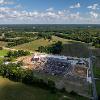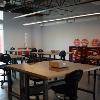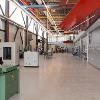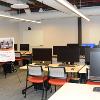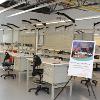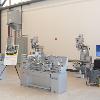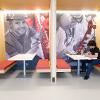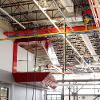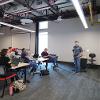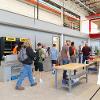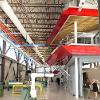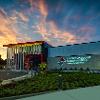Your future is built here.
Launch your high-demand career at St. Charles Community College's new, innovative Regional Workforce Innovation Center in Wentzville, MO.
Whether you're starting a new career or advancing an existing one, SCC’s innovative 48,000-square-foot Regional Workforce Innovation Center is where real-world training happens. Conveniently located just off Interstate 70, our state-of-the-art facility features a large open space for hands-on learning, taught by expert faculty.
The Regional Workforce Innovation Center is more than just a facility. It’s an investment in human potential. This new center will be the premier technical training and education center in this region, equipping students with the skills needed for today's workforce.”
— Barbara Kavalier, Ph.D., SCC President
Your path to a rewarding career:
-
-
- Explore: Discover new opportunities in fields like robotics, machining, and nursing.
- Learn: Earn an associated degree or a workforce-ready certificate with hands-on training.
- Succeed: Graduate with the credentials and connections to land a great job.
-
SCC offers associate degrees and workforce-ready certificates:
Additional workforce programs at nearby locations in Wentzville:
Resources













